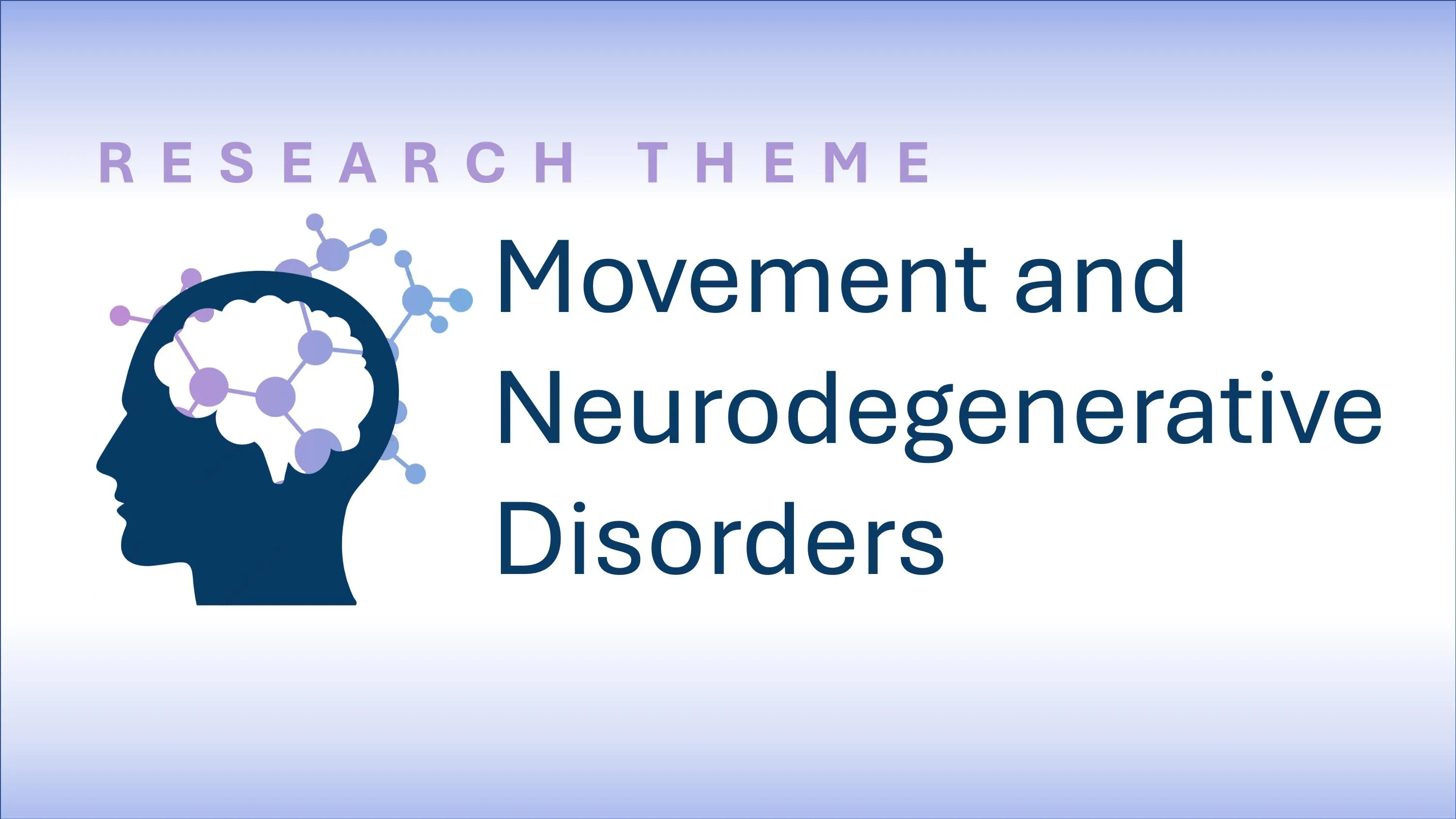Movement and Neurodegenerative Disorders
Aims
This is the Movement and Neurodegenerative Disorders Theme of the IoPPN Neuropsychiatry Research & Education Group.
Disorders of movement control are common and disabling, caused by genetic disorders, brain injury and damage, the effects of medications and neurodegeneration amongst many others causes. Such disorders commonly occur together with psychiatric conditions, highlighting the intimate relationship in the nervous system between movement, cognition and emotion. Research in movement disorders and neurodegenerative diseases is often rather siloed from psychiatric and psychological research, so we aim to bring these fields together through an integrated multidisciplinary research and clinical group.
Key theme members and collaborators
Paul Shotbolt, Arteen Ahmed, Lucy Gibson, Dag Aasland, Mike Samuel, Keyoumars Ashkan
Current research
Deep Brain Stimulation:
UK Deep Brain Stimulation (DBS) Network research database - Seven UK DBS centres (including KCH) are collaborating to recruit a large number of consecutive patients who have undergone DBS for Parkinson’s disease, creating a large and valuable potential DBS research resource for deliverable DBS research opportunities for the UK. The first network study addresses the relationship of impulse control disorders with subthalamic nucleus (STN) DBS.
CRISP study - Research fellow Dr Arteen Ahmed; supervised by Dr Paul Shotbolt
Brain-Computer Interface technology in FND:
Motor imagery rehearsal using an EEG brain-computer interface in motor functional neurological disorder: Exploring changes in sense of agency and patient acceptability. PhD project Dr Hamilton Morrin; funded by a Wellcome / KCL Mental Health Professional Fellowship.
Mechanisms and management:
Exploring the mechanisms and management of movement disorders in people with psychosis, both presumed related to the use of dopamine blocking medication (tardive movement syndromes) and movement abnormalities that appear related to the presence of or genetic risk of psychosis.
Non-invasive neuromodulation:
Using novel non-invasive neuromodulation techniques to explore aspects of movement control and the pathophysiology of movement disorders, using for example Transcranial Magnetic Stimulation (TMS) and low intensity focused ultrasound.



